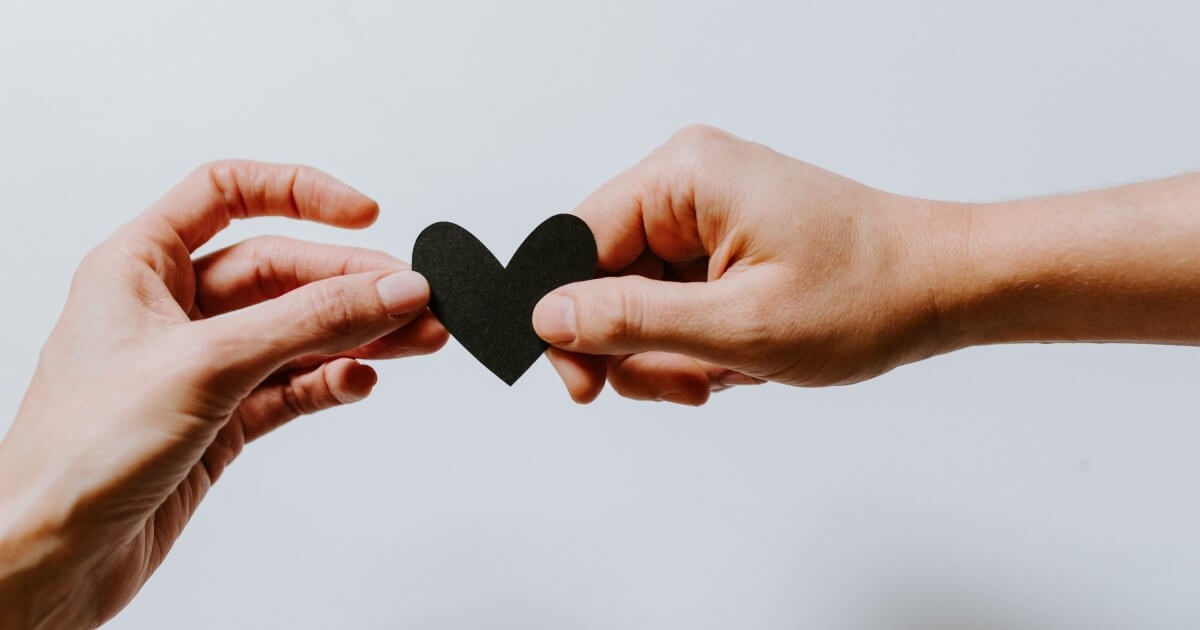People across the world are dealing with an unprecedented amount of anxiety as the coronavirus (COVID-19) continues to spread in communities internationally. In a time of high stress, people already dealing with the stress of something like a cancer diagnosis are likely feeling especially vulnerable.
RELATED: Coronavirus Guide for Cancer Patients
Read MoreQ: I’m so anxious, I just don’t see a way out of this. How do I deal with my anxiety?
Dr. Strongin: Anxiety is a part of all of us. It’s important to have a healthy relationship with your anxiety and get to know it rather than fear it, avoid it or push it away. Anxious thoughts are most often questions. For example, “Am I going to be OK?” The problem is that people who are extremely anxious are not in the habit of answering them (i.e. soothing themselves and creating hope).
By learning more about your anxious thoughts and tendencies, one can begin to answer their anxious thoughts even in moments when there aren’t any answers. For cancer patients, the worry thoughts tend to be, “Will I survive?” It’s important to let those thoughts come in and really be able to tolerate them before answering them. This is a very powerful coping skill.
Because many cancer patients develop this skill- COVID-19 can be traumatically re-triggering but I want to remind them that these skills live inside of them. Let the worry come in and overtime you will be able to answer it (self-soothe).
RELATED: Emergency Room Doc — How We Treat Patients With Cancer & Coronavirus
Q: How can I deal with my anxiety when I can’t get calm? I’m already so vulnerable with my chemo?
Dr. Strongin: Worry thoughts spread like wildfire, one worry thought (question) creates another and another which can cause an individual to become flooded with panic and debilitating anxiety. Therefore, it is important to take one worry at a time and spend time on it, answer it and overtime calm it down. This is the best way to manage our intense feelings during intense moments.
Q: Can medication help me?
Dr. Strongin: YES! Medication is absolutely helpful and I always recommend you discuss with your oncologist.
Q: Are one of these telemedicine psychologists an option if I want help now, or I’m thinking about medicine?
Dr. Strongin: Yes, every psychologist these days has a telemedicine option. Ever since COVID-19 we have all adapted our practices to tele-health and it can be incredibly powerful to be able to receive help from a practitioner in the comfort of your own home or while receiving treatment in the hospital. As a clinician, I find it comforting and connecting to be able to treat my patients and have an inside view into their life.
Q: I’ve been in therapy trying to learn self-love and forgiveness around my cancer treatment … what do I do now when everyone else is depending on me?
Dr. Strongin: Boundaries are critical. You have to be able to take care of yourself before taking care of others. Your own mental health should come first. We have to feel in control of our emotions in order to be available and connect to the people we love.
RELATED: Learning to Deal With Vulnerability After a Cancer Diagnosis
Q: I guess there are positives that come from being cooped up with family … how do i redefine my relationship with my family?
Dr. Strongin: I think this moment is extremely unique. We are all being forced to look inward and spend time with our families without the distraction of others. For a long time we have been inundated with how others live, vacation, eat and sleep. This quarantine is a forced way to refocus on ourselves and our family without feeling as though we are missing out on something. I strongly believe this is a critical and special time for us to use our inner strengths to create a more meaningful world around us and begin to rely on our minds more than ever.
Cancer patients talk about how once diagnosed they feel as though the rest of the world continues and they are put on pause. In this scenario, we are all on pause. That’s incredibly powerful. Let’s all pause together.
Q: I’m overwhelmed with fear..is there a breathing technique that isn’t BS and can relieve my anxiety?
Dr. Strongin: Hold your breath in your body for a few seconds. Then exhale very slowly like you are letting it out through a straw and think “slow.” Repeat this a few times. During the deep breath, fill your stomach first, then feel your ribcage expand and later your chest. Become aware of where your breath is and the movement it makes throughout your body. I do this myself when I feel most overwhelmed. It slows me down and helps with fear and intense anxiety.
SurvivorNet has several resources for those looking for a way to calm down during times of stress. Below, Dr. Brian Berman, director of the Center for Integrative Medicine at University of Maryland, provides a guided meditation that you can do at home, at work or just about anywhere for a few minutes of calm and reflection.
Dr. Brian Berman provides a guided meditation for the SurvivorNet community.
Learn more about SurvivorNet's rigorous medical review process.


